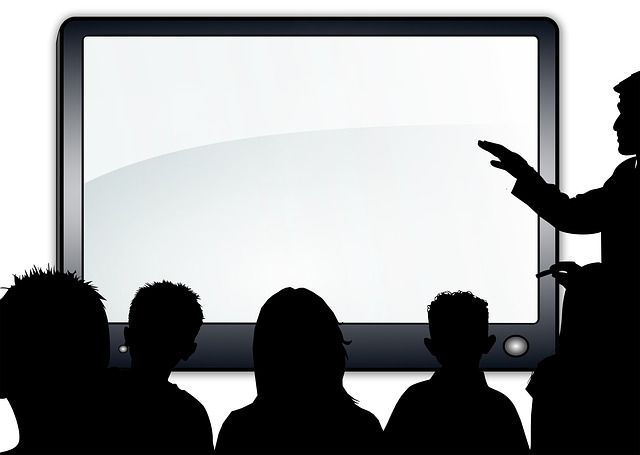Personal competencies include all those skills that distinguish you as an individual. Many of them are intertwined with those of the other categories. For example, for a self-confident and self-reflective person, it may be easier to be convinced in the interaction with others. You work a lot, but you rarely feel overwhelmed. You can meet them in times of higher expectations without suffering a decline in performance later on. Face unexpected events and changes with determination and high tolerance to stress.
Responsibility
You do your job perfectly independently. You can correctly evaluate the consequences of your actions, accept them and use them in subsequent stages. Your responsibility does not exclude the assumption of responsibility towards others. And also to acknowledge one’s own mistakes, take responsibility for any damage caused, and repair them as far as possible.
Motivation
You are fundamentally willing and determined to achieve set goals and perform your tasks well. You need to enjoy your work because the real motivation comes from within. Sometimes all it takes is the appreciation of colleagues and superiors, the financial security of the family, or simply knowing that you can relax after work. The key thing is always to motivate you.
Curiosity
Hidden information appeals to you just as much as the interests of others that have escaped you so far. Curiosity in your society is not always characterized positively; too-curious people are often considered annoying.
Self-regulation
You have control over yourself and your behavior. Self-discipline allows you to manage certain phases of your daily work that require attention and concentration. A high level of self-discipline is achieved by always questioning one’s behavior and relying on a priority scale. At work, this means prioritizing tasks and effectively controlling distracting factors such as private interests and laziness.
Self-reflection
You can also recognize when you have done a good job. Self-reflection is part of those personal skills that act mostly within you but, at the same time, have a notable external impact: self-reflective people learn quickly and grow in their work. This also means knowing how to evaluate what you are unable to do. That’s why some tasks are, for very good reasons, for experts and shouldn’t be done by amateurs. Self-reflective people are less likely to overestimate themselves and consequently cause harm.
Social skills
Soft skills often indicate the ability in the workplace to involve colleagues and superiors, hence the relevant social context. For many employers, the candidate needs to be inclined to teamwork or show communication skills during the interview. Employers try to get a satisfactory picture of the candidate’s social skills in the application process. And vice versa, your social skills indicate how comfortable you feel in the workplace and how you fit into the interpersonal relationships that most jobs involve, even in offices with computer workstations.
Integration capacity
It is not that easy to break into established social structures. However, it is almost natural to fit into existing social environments and actively complement them when starting a new job. In a short time, you stop being the ‘new’ one, and you become an integral part of the social fabric of the workplace. Integration does not simply mean respecting the conventions in force but adapting to the environment and quickly becoming an indispensable part of the social structure.

